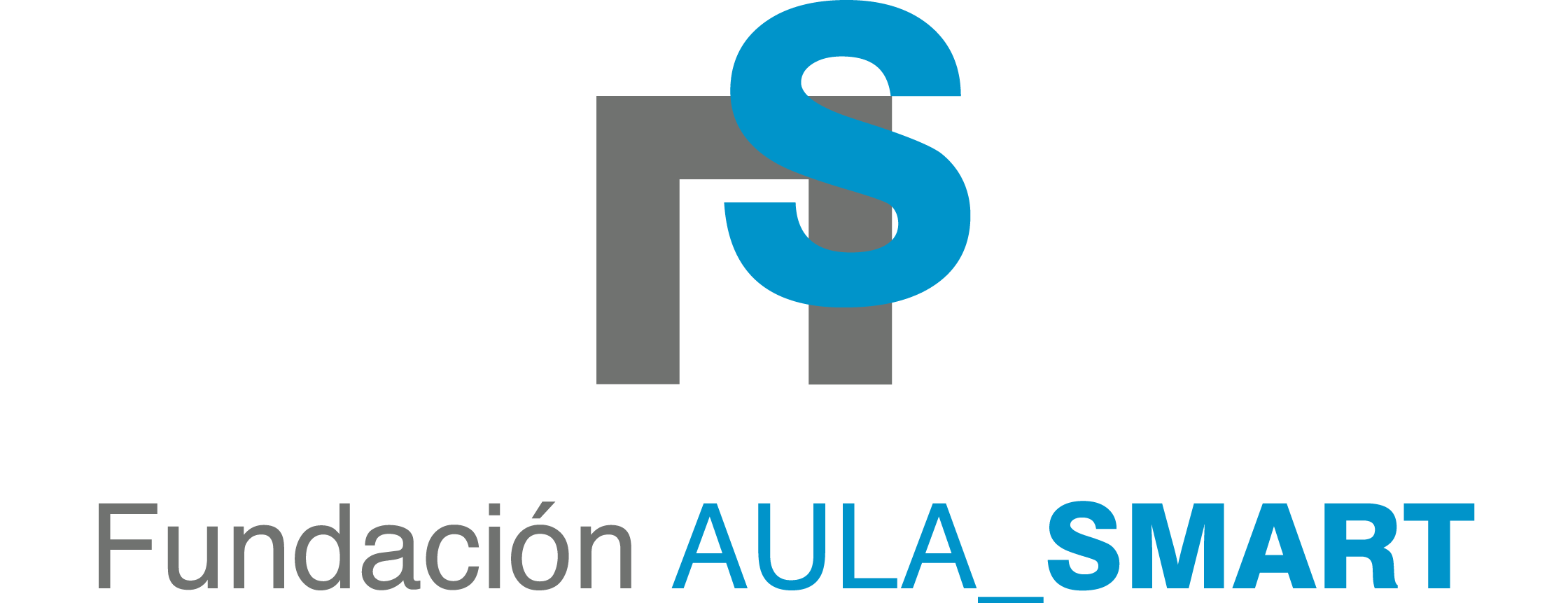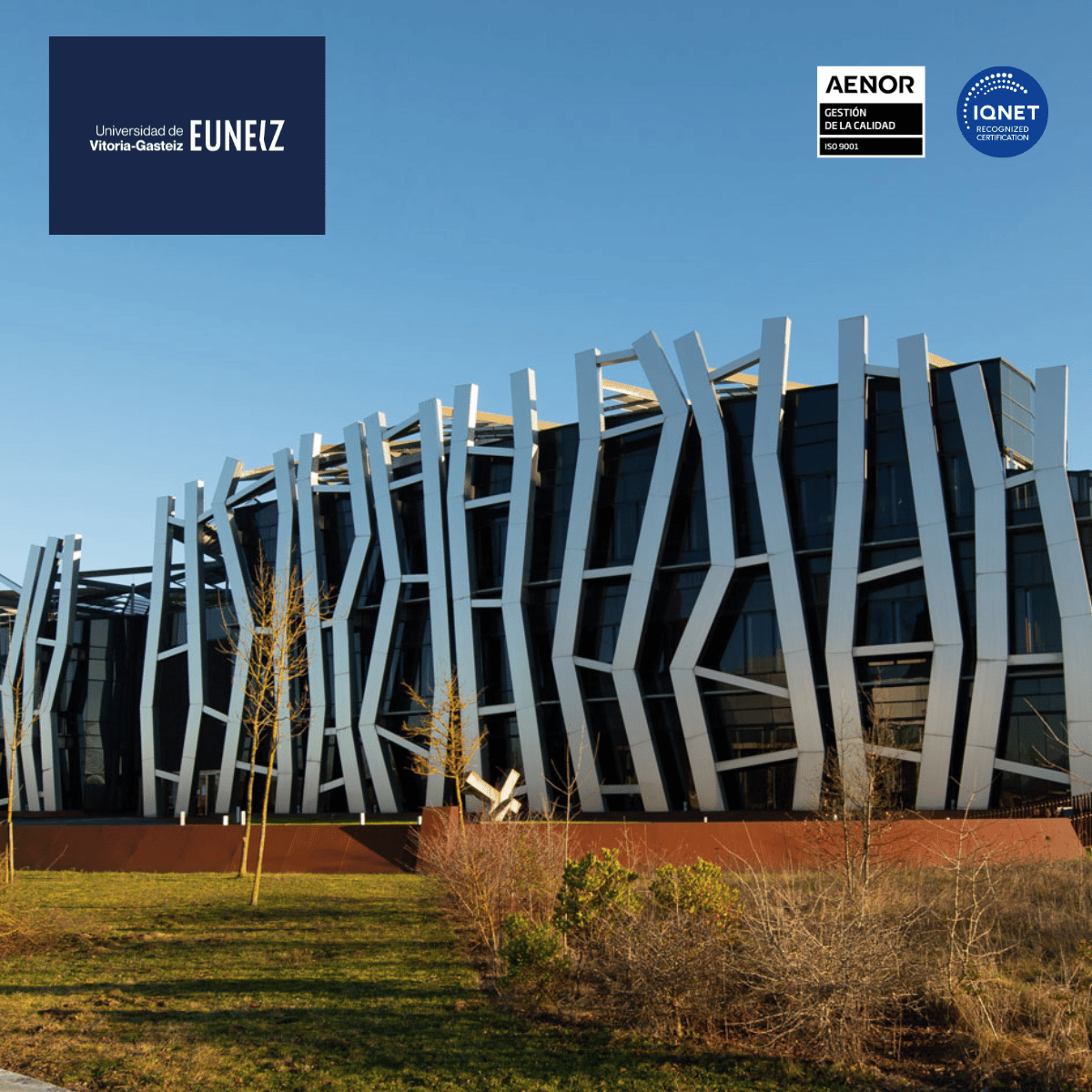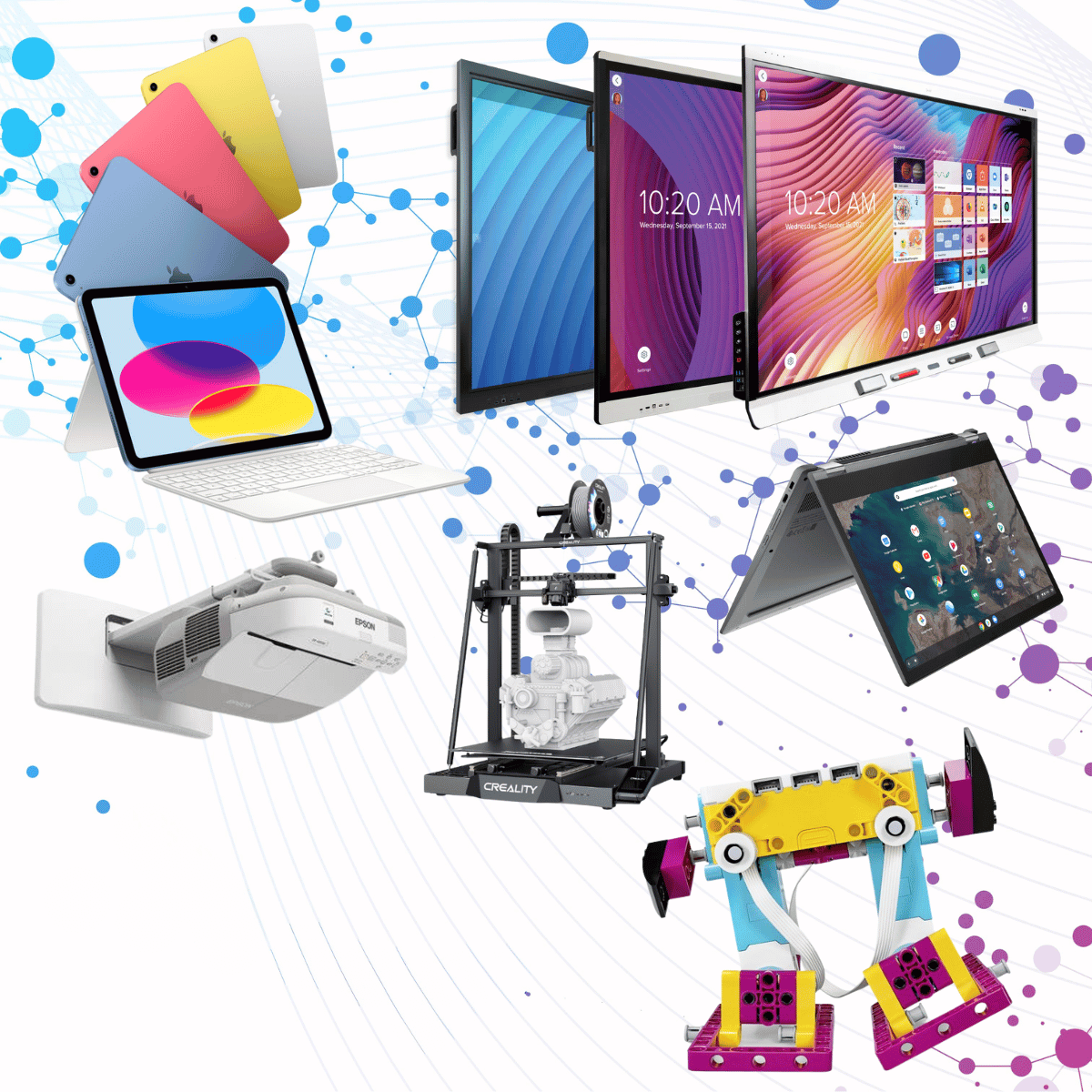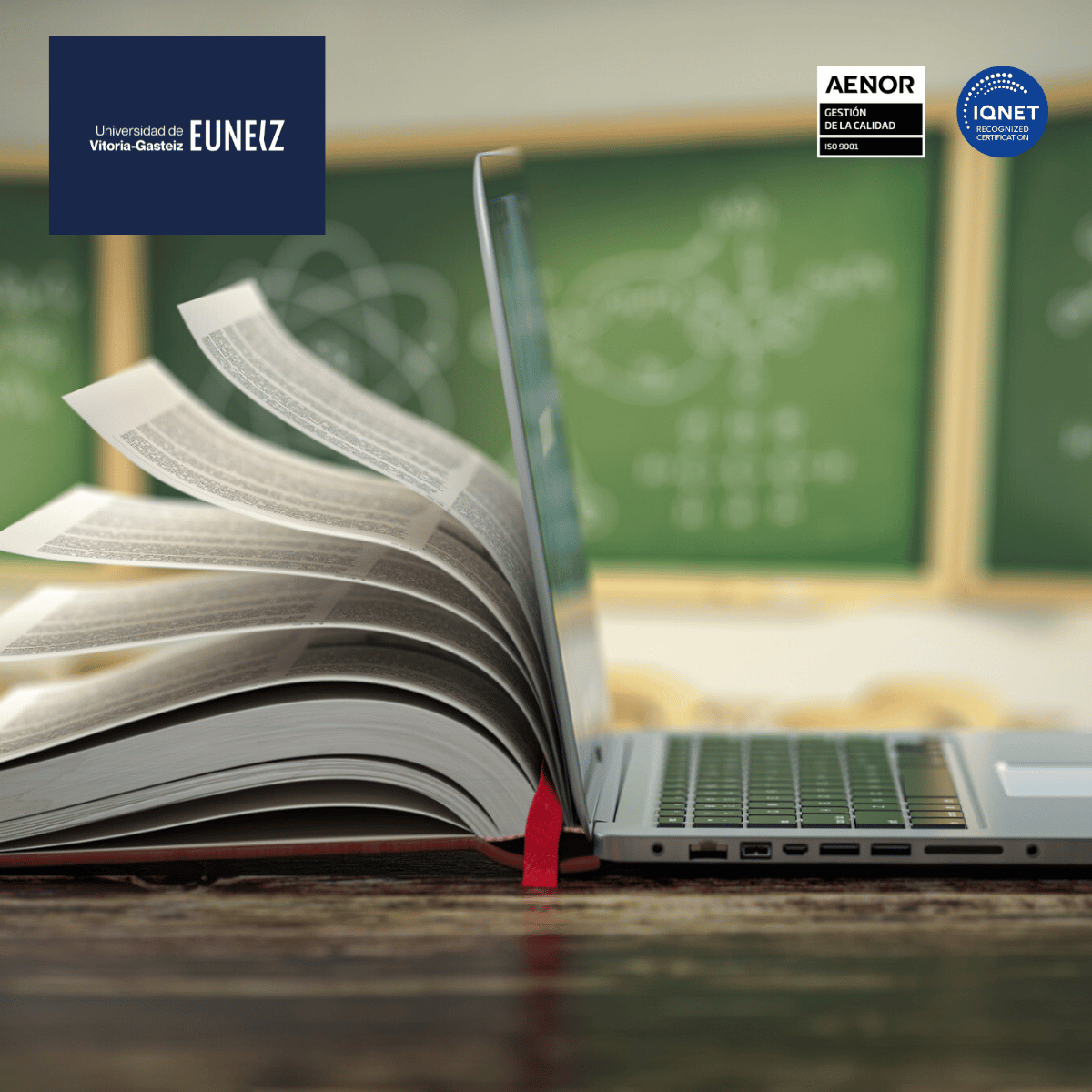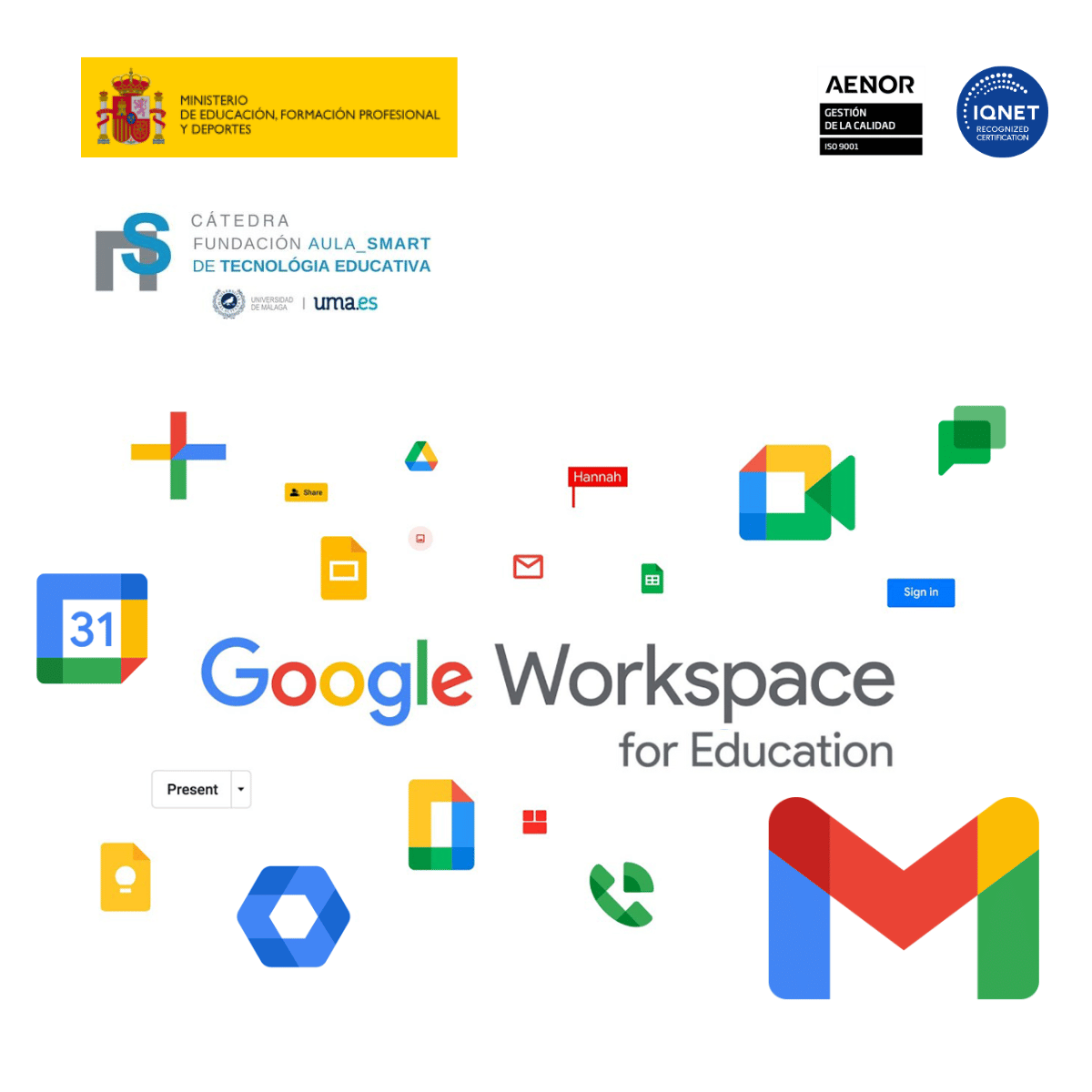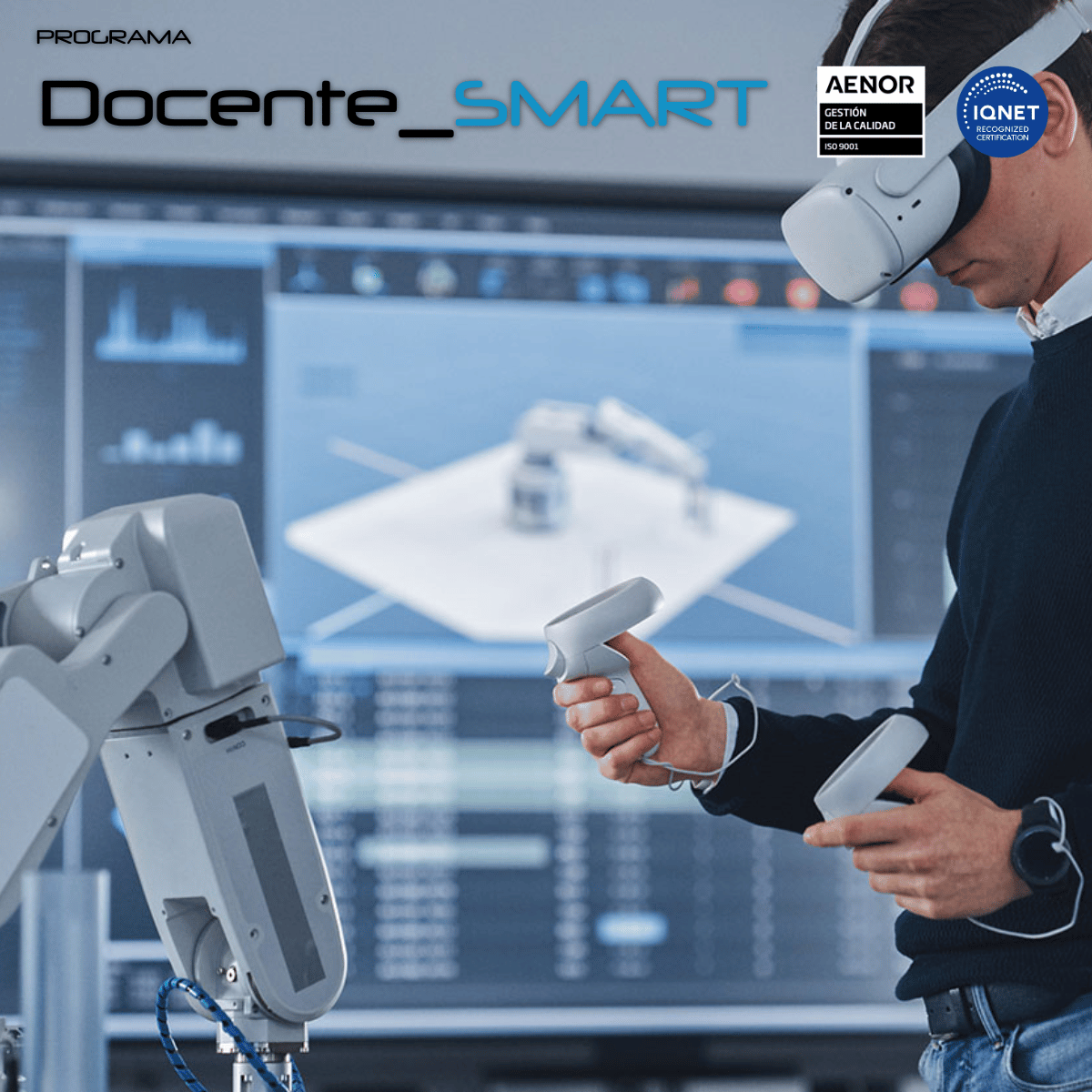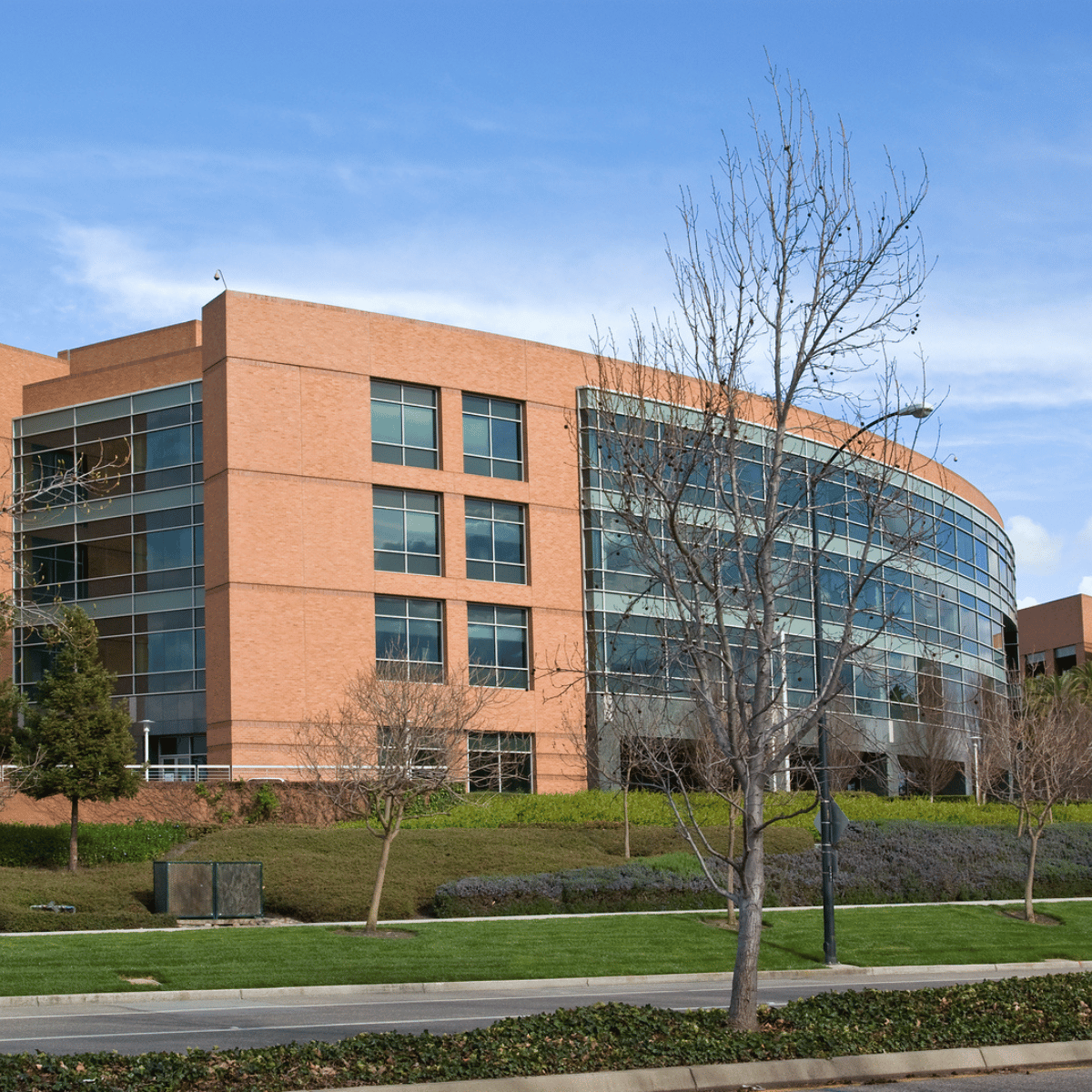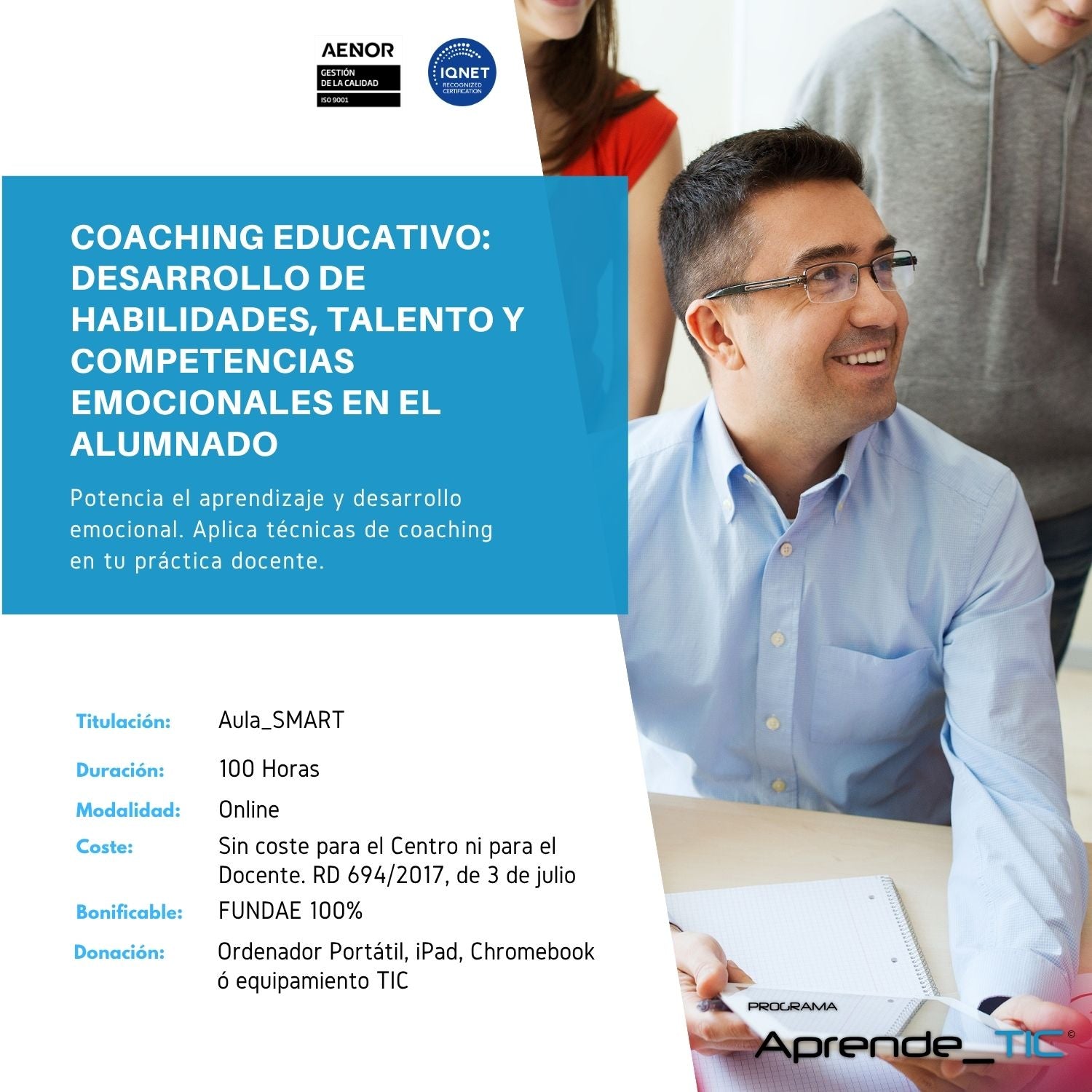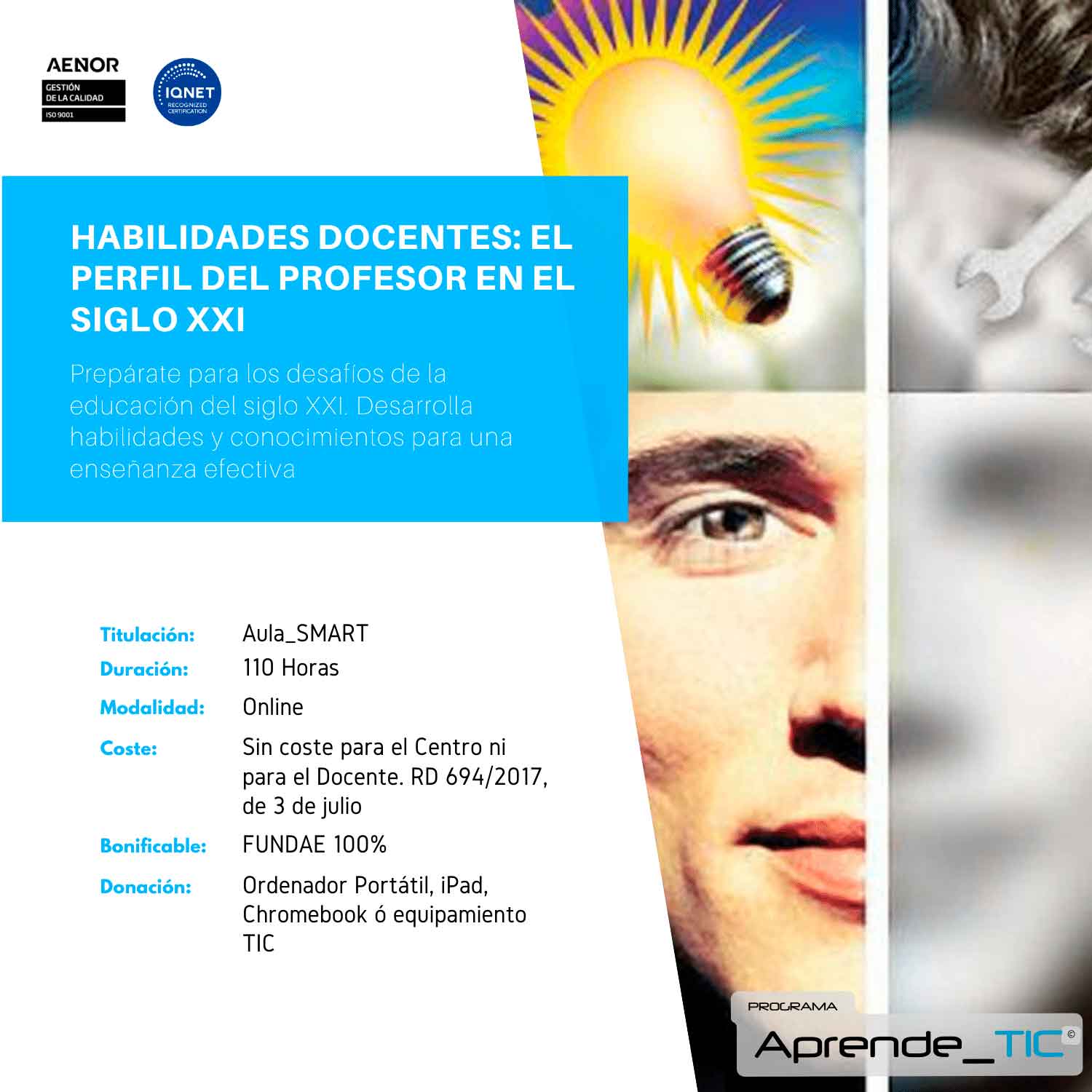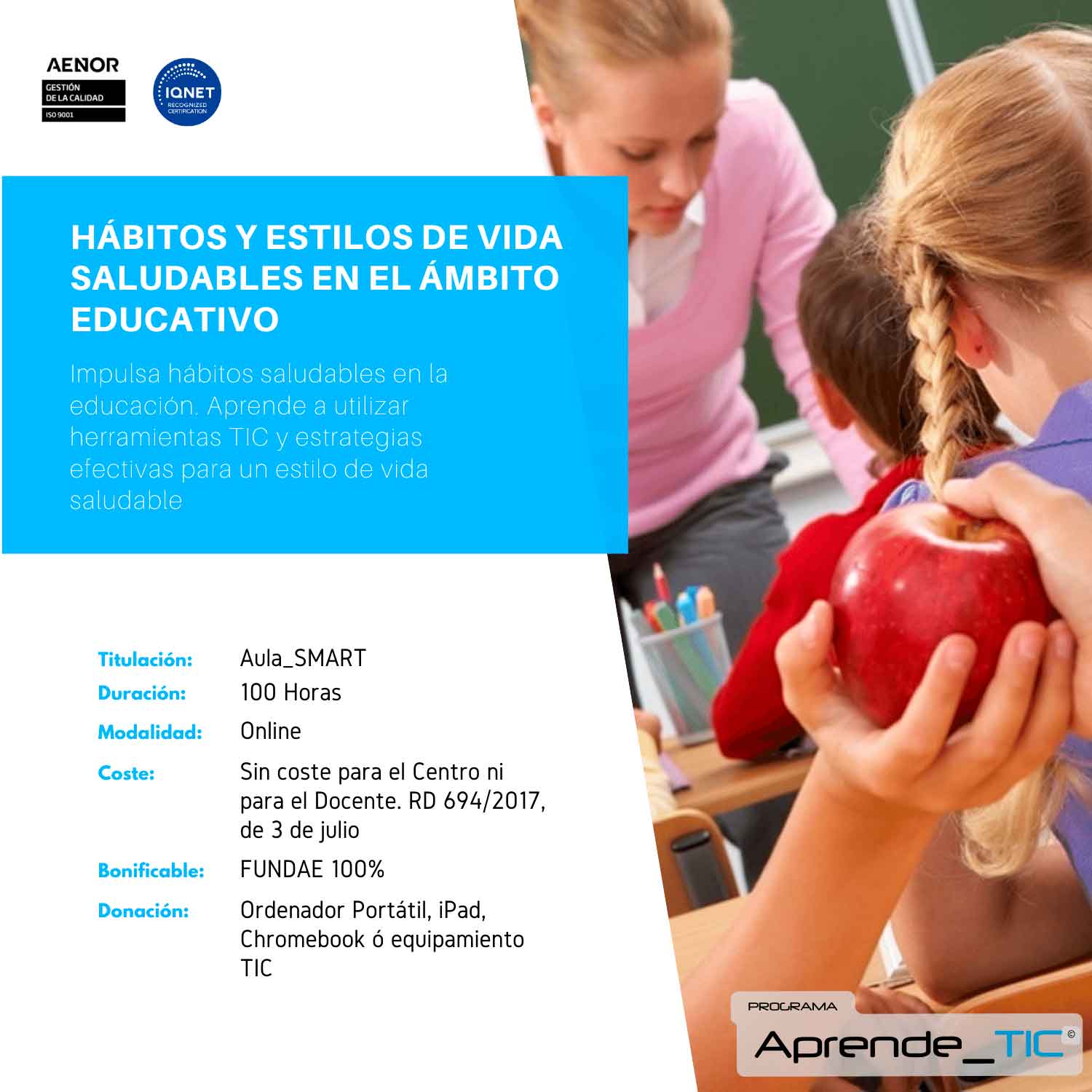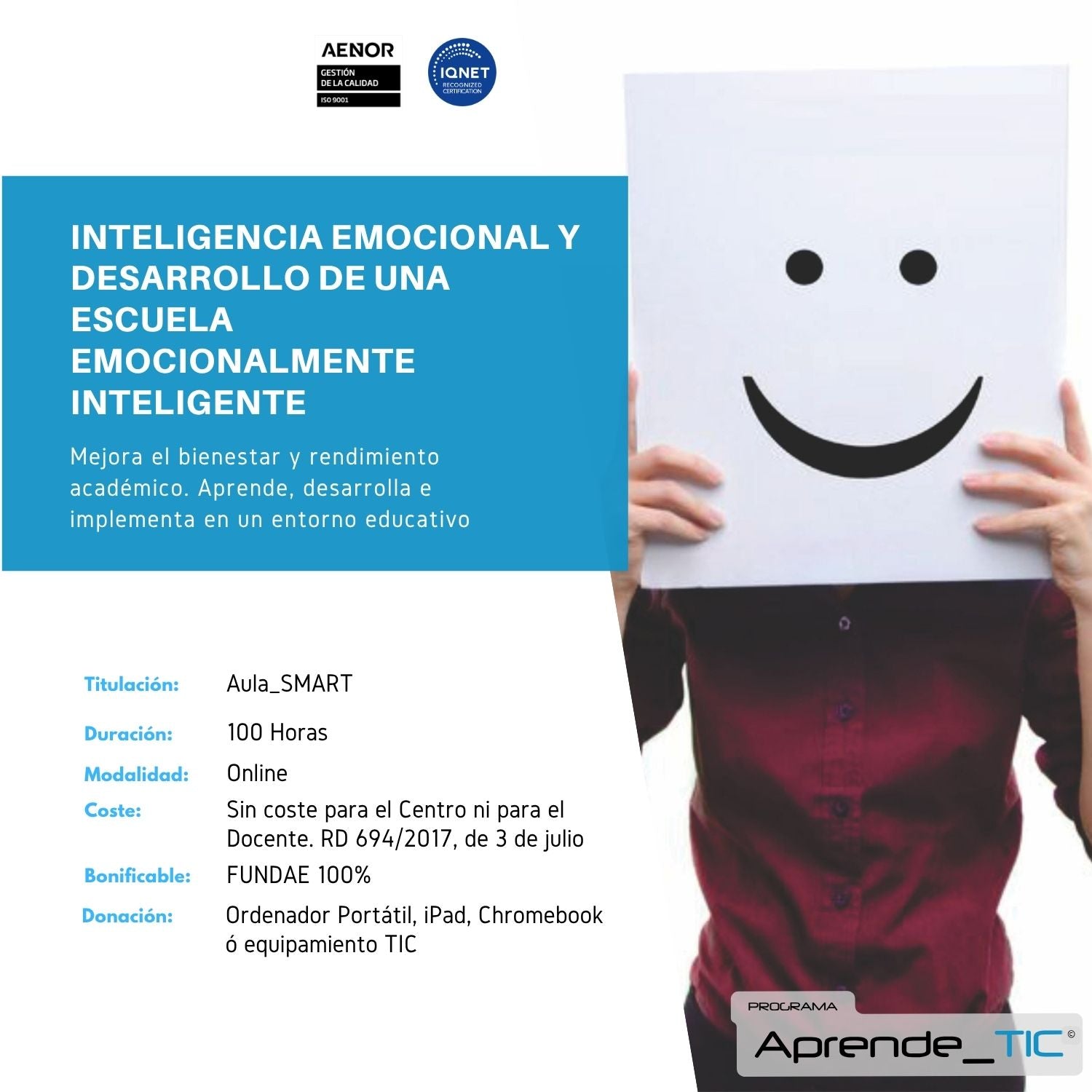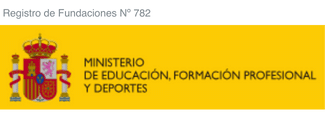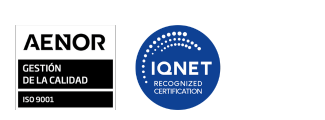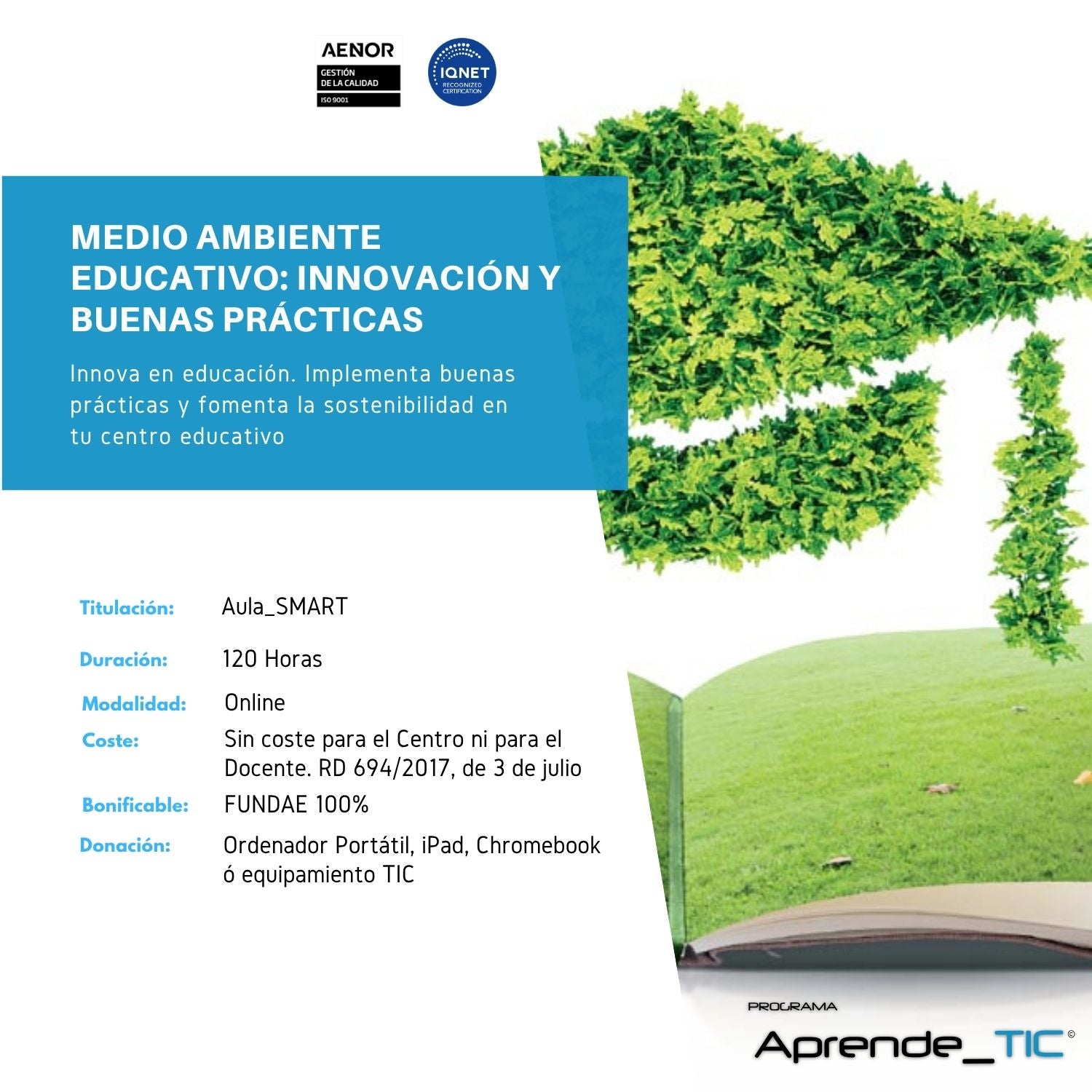
University Specialization Course in:
Educational Environment: Innovation and Good Practices
Transform your teaching with the “Educational Environment: Innovation and Good Practices” course! Learn to integrate environmental education in your teaching strategies. Online course, 100% bonus and university degree. Sign up now and receive a free ICT team!
Free registration for the teacher and 100% bonus through Fundae for private and concerted centers, as long as you are in the General Social Security regime, RD 694/2017, of July 3. (Sign up through your center)
Course included in the AUGE_TIC AUGES PROGRAM. Every 100 hours of training, the Aula_Smart Foundation donates a laptop, iPad, Chromebook or other ICT equipment. (Valid for all teachers of private, concerted and public centers)
University degree obtained
Para la obtención del Título Universitario expedido por la Universidad de Vitoria-Gasteiz (EUNEIZ), es necesario realizar el abono correspondiente a los derechos de expedición una vez completado el curso.
A continuación, se detallan las tarifas según la duración del programa formativo:
Derechos de expedición:
- Cursos de 50 horas: 54,78 €
- Cursos de 100 horas: 83,38 €
- Cursos de 110 horas: 94,38 €
- Cursos de 120 horas: 94,38 €
Le agradecemos su compromiso con la formación continua y quedamos a su disposición para resolver cualquier consulta sobre el proceso de expedición.
Date start courses
All communities
- January 22, 2025 to March 19, 2025
- February 12, 2025 to April 9, 2025
- March 5, 2025 to May 5, 2025
- April 2, 2025 to May 26, 2025
- May 7, 2025 to July 1, 2025
- June 4, 2025 to July 29, 2025
- July 2, 2025 to August 7, 2025
Catalonia
- January 22, 2025 to April 16, 2025
- February 12, 2025 to May 12, 2025
- March 5, 2025 to May 30, 2025
- April 2, 2025 to June 20, 2025
- May 7, 2025 to July 29, 2025
Degree: University of Vitoria-Gasteiz Euneiz
Duration: 120 hours
Credits: 4 ECTS
Modality: Online
Place: Cabeula_interactive Campus
Cost: No cost to the center or the teacher. RD 694/2017, of July 3
Fundae: 100% bonus
FA_S donation: laptop, iPad, Chromebook or ICT equipment every 100 hours of training
Valid to score in the Baremo of Teaching Oppositions according to the R.D. 276/2007 of February 23 and for the scale corresponding to the state -level transfers contest, according to Royal Decree 1364/2010 of October 29.
(*) No cost to the center or the teacher according to RD 694/2017, of July 3.
(**) For students who are not going to take the course through their center

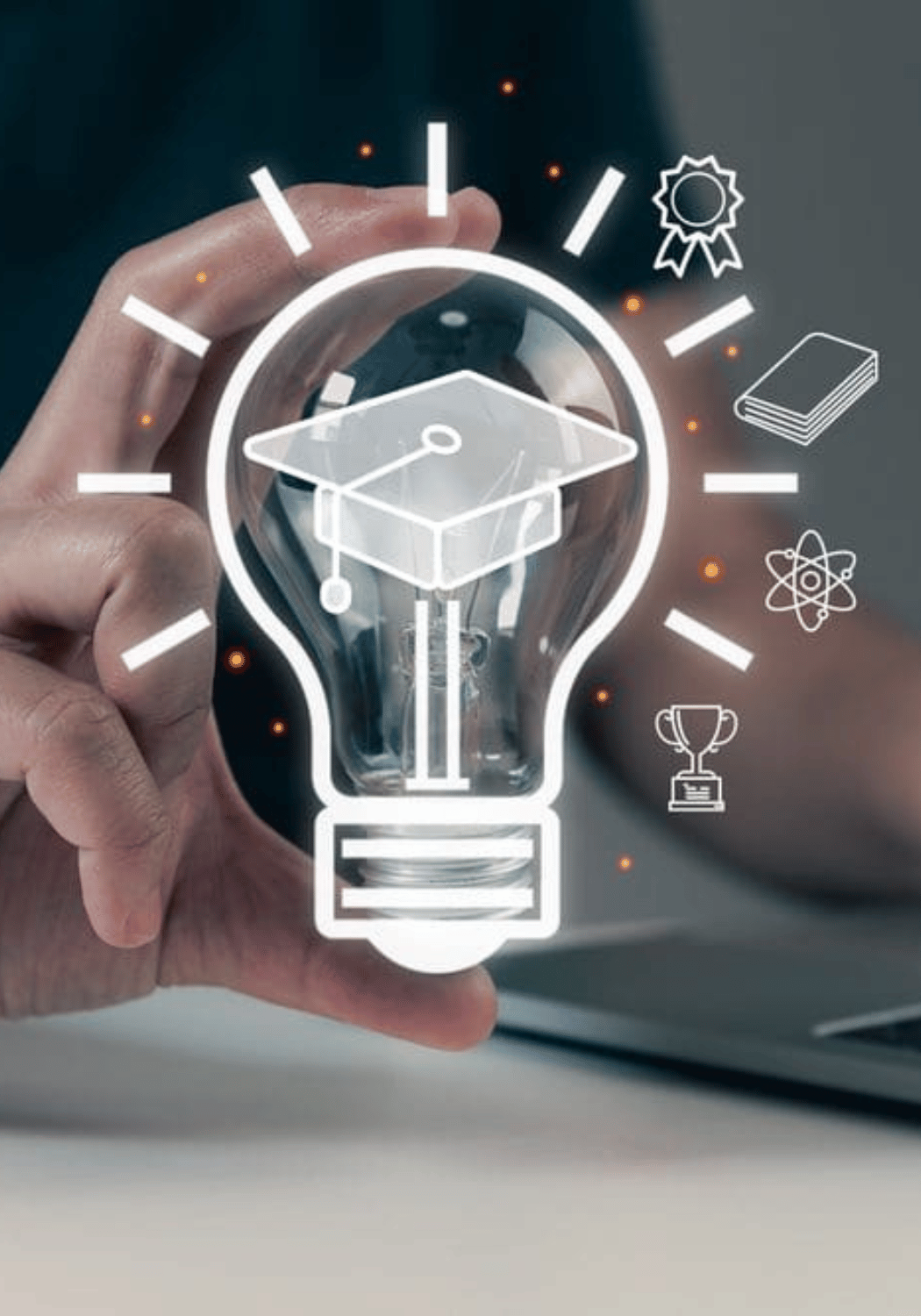
Educational Environment: Innovation and Good Practices
Goals
The “University Course of Specialization in Educational Environment: Innovation and Good Practices” aims to provide the educational community with the knowledge and tools necessary to transform educational centers into spaces committed to sustainable development. To achieve this goal, the course is divided into six issues, each with its own specific objectives:
Topic 1: Fundamentals of Environmental Education
• Understand the concept and foundations of environmental education.
• Know the current environmental problem and how it affects our society and the planet.
• Present the different existing environmental policies and how these can be applied in the educational field.
Topic 2: School and the environment
• Establish the connection between school and the environment, understanding how the school environment can influence the environmental awareness of the students.
• Publicize different environmental programs and initiatives that can be implemented in educational centers.
• Promote the environmental management of the centers, promoting sustainable practices in school day to day.
• Promote eco-school methodology, an educational approach that integrates sustainability in all aspects of school life.
Topic 3: EcoAuditoria
• Develop an eco -Audit in the educational center, a process that allows evaluating the environmental impact of the center and proposing improvement measures.
• Expose the measures to be implemented in educational centers to achieve environmental excellence, from the reduction of energy consumption to the promotion of biodiversity in the school environment.
• Evaluate the entire process of eco -Audit, reflecting on the achievements and future challenges.
Topic 4: Environmental health habits
• Publicize environmental health habits, understanding how our daily actions can influence our health and the environment.
• Analyze the different school hygiene habits and their relationship with the environment, promoting healthy and sustainable practices.
• Expose the different healthy life habits, from food to physical activity, and how they can contribute to sustainability.
Topic 5: Educational proposals on the environment
• Analyze and create proposals on the care and protection of the environment in early, primary and secondary education, adapting the activities to the needs and abilities of the students of each level.
• Publicize different topics to create educational proposals on the environment, from climate change to biodiversity, and how these can be integrated into the curriculum of any educational level.
Topic 6: ICT and Environmental Education
• Consider the importance of ICT for the environmental impact of the educational center, reflecting on how the use of technology can contribute or harm the environment.
• Optimize the use of ICT tools and resources in the classroom for environmental education, exploring different applications and platforms that can facilitate learning on the environment.
• Exemplify different ICT proposals for environmental education, from the creation of blogs to the use of virtual simulators.
In summary, this course prepares participants to integrate the principles of environmental education in their teaching practice, in order to promote sustainable development and environmental awareness among students. Participants will leave the course with a solid understanding of environmental education and how it can be applied in education, as well as practical tools that can start using immediately in their work.
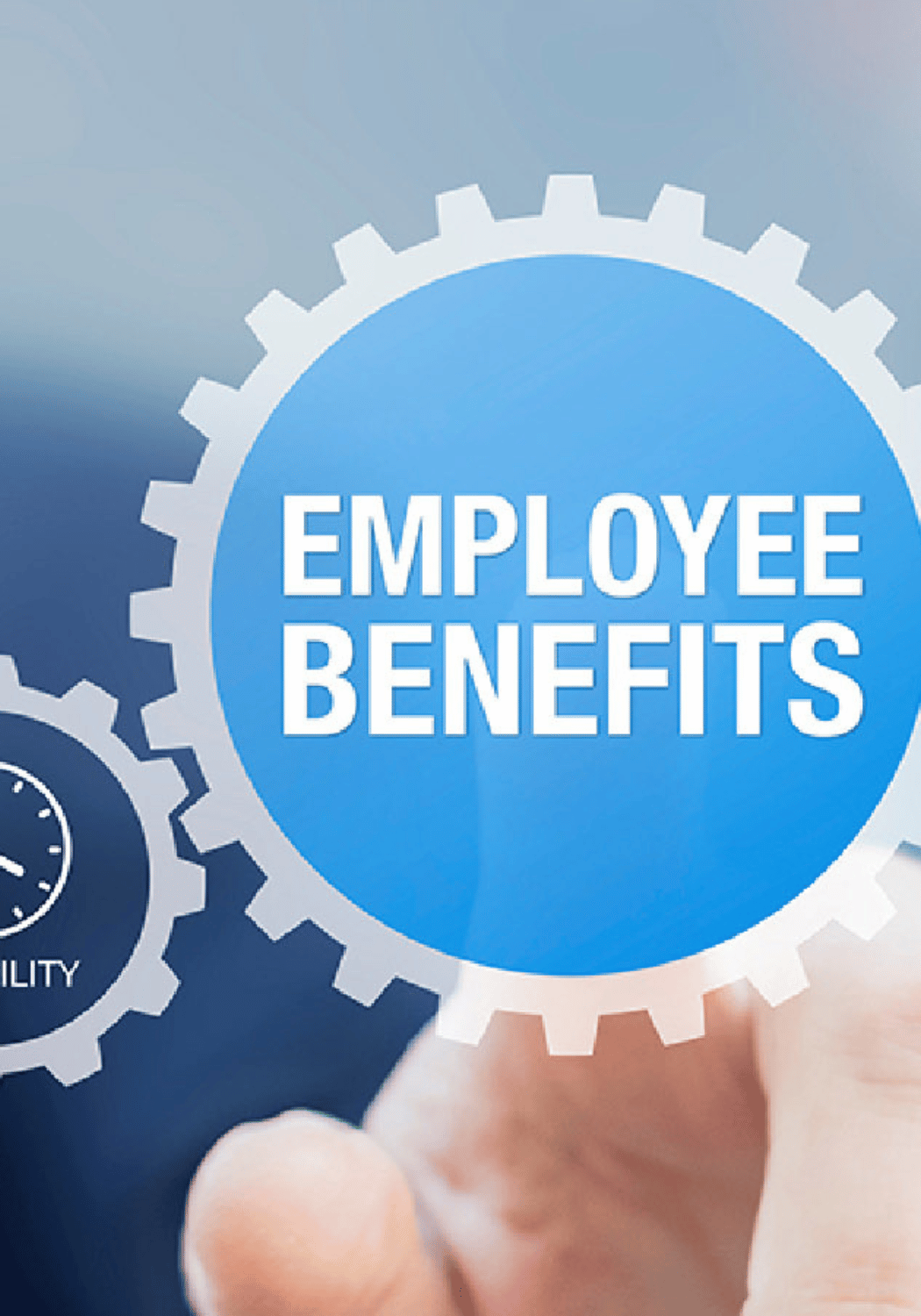
Educational Environment: Innovation and Good Practices
What prepares you
The "University Course of Specialization in Educational Environment: Innovation and Good Practices" offers various professional exits:
Teacher specialized in the environment: participants will be able to apply their knowledge of the environment in the classroom to improve learning processes and foster environmental awareness among students.
School Counselor: Participants will be trained to detect possible difficulties in learning environmental sciences and propose intervention strategies based on environmental education.
Educational Consultant: Participants will be able to advise educational institutions in the implementation of teaching strategies based on environmental education.
Educational material developer: Participants will be able to design and develop educational materials that are based on environmental education.
Teaching trainer: Participants will be able to train other teachers in the use of environmental education in science teaching.
In addition, this course can be an added value for those who are preparing teaching oppositions, since it can be valid to score in the scale of teaching oppositions according to the R.D. 276/2007 of February 23

Educational Environment: Innovation and Good Practices
Who is it addressed
The "University Course of Specialization in Educational Environment: Innovation and Good Practices" is aimed at:
Teachers: Teachers of any educational level who wish to integrate environmental education into their teaching strategies.
Education professionals: Those who work in the education sector and wish to implement sustainable practices in their centers.
Environmental professionals: Those who work in the environmental sector and wish to acquire knowledge about how education can contribute to sustainable development.
Students of careers related to education or the environment: students who wish to complement their academic training with specialized knowledge in environmental education.
It is important to mention that this course can be especially useful for those who are preparing teaching oppositions, since it can be valid to score in the scale of teaching oppositions according to the R.D. 276/2007 of February 23.
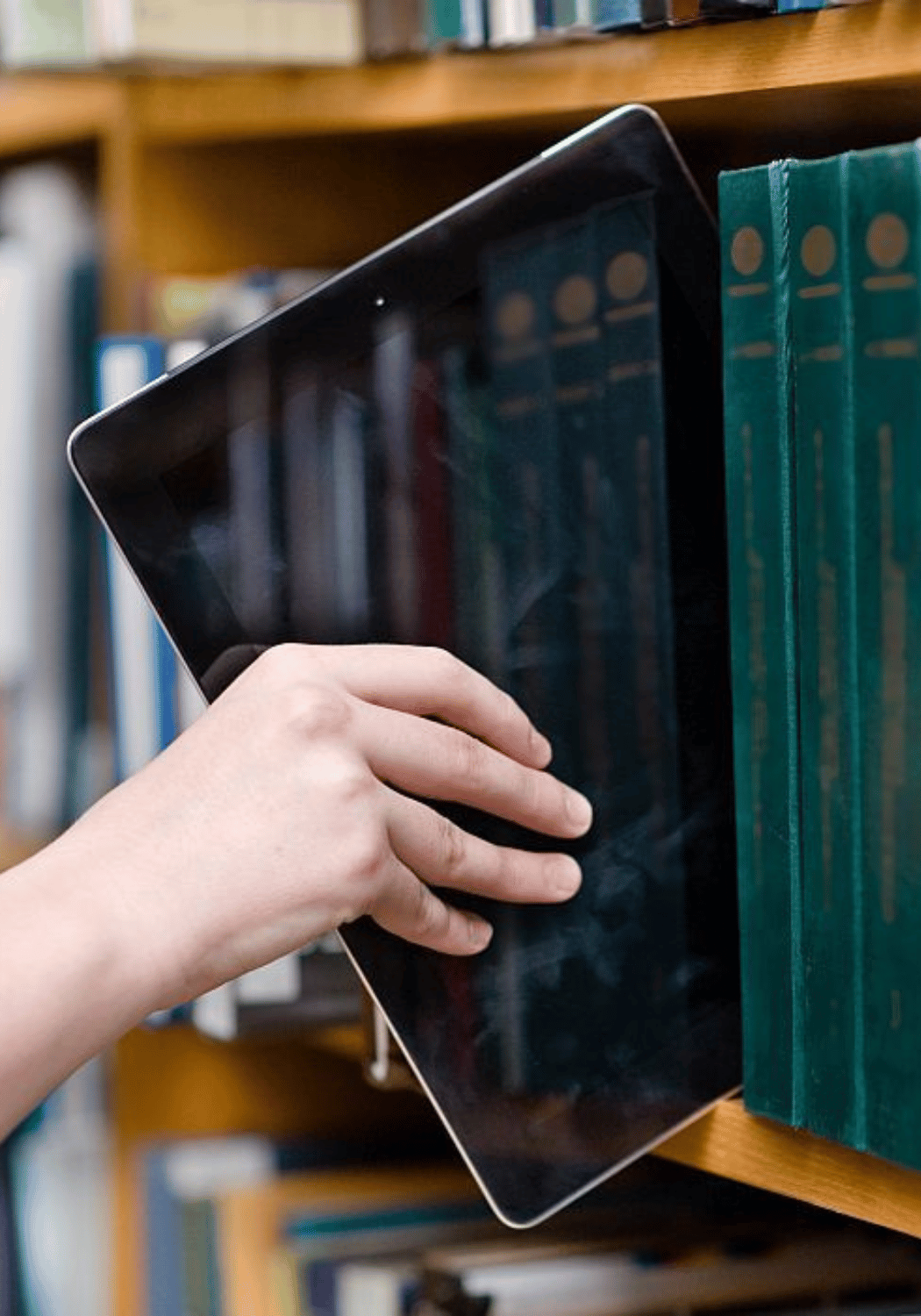
Educational Environment: Innovation and Good Practices
Methodology
The course methodology is based on 100%online learning, through the Aula_Smart virtual campus, an innovative and easy -to -use platform, which will allow you to access all the contents and resources of the course from anywhere and device. The course has a highly specialized teaching team, formed by education professionals with extensive experience and training in the analysis of teaching skills. They will accompany you and guide you throughout the learning process, through personalized tutorials, chat, email and even videoconference. The teaching method is totally multidisciplinary, since it combines different pedagogical approaches and strategies, such as:
- Theoretical contents, where the fundamental concepts and principles of the analysis of the teaching skills will be presented, as well as the normative and reference frameworks that regulate them.
- Practical contents, where theoretical knowledge will be applied to real or simulated cases of educational practice, using tools and methodologies to evaluate and develop teaching skills.
- Self -assessment activities, where you will reflect on the teaching performance itself and on the areas of strength and improvement, as well as on the strategies to enhance them.
- Collaborative learning activities, where the exchange of experiences, opinions and proposals through forums will be promoted.
In this way, the course methodology offers you dynamic, participatory and adapted training to your needs and interests, which prepares you to be a competent and effective teacher, capable of adapting to the demands and challenges of current education.
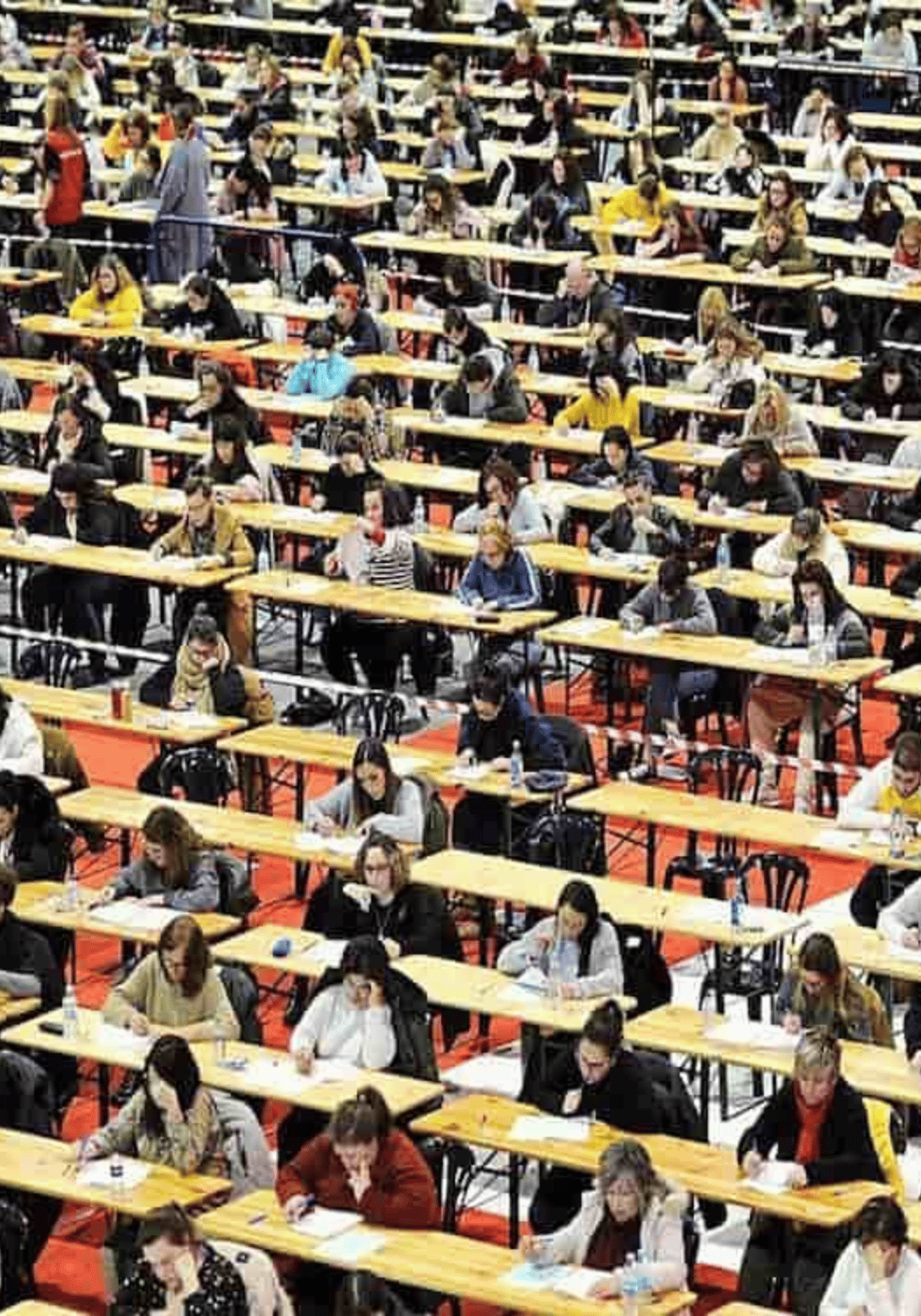
Educational Environment: Innovation and Good Practices
Official character
Educational Environment: Innovation and Good Practices
Syllabus
Download the agenda in .pdf format
Topic 1
1.1 Introduction
1.2 Definition. Background and current situation of environmental education
1.2.1. Definition of Environmental Education
1.2.2. Background and current situation of environmental education
1.3. Environmental Problems
1.3.1. Pollution, pollutant, origin and fountains
1.3.2. Types of contamination
1.3.3. Effects and problems caused by pollution
1.3.4. Sustainability or sustainable development
1.4. Fundamentals: Components, principles, purpose and objectives of environmental education
1.4.1. COMPONENTS OF ENVIRONMENTAL EDUCATION
1.4.2. Principles of Environmental Education
1.4.3. Purpose of environmental education
1.4.4. Objectives of Environmental Education
1.5 Current status of the environment and perspectives
1.5.1. Current state
1.5.2. Perspectives
1.6 Policies in favor of environmental health
1.6.1. What is environmental policy?
1.6.2. Organizations and institutions
1.6.3. Environmental protocols
1.6.4. 2030 Agenda
1.7 Summary
Topic 2
2.1 Introduction
2.2 School and Environment
2.2.1 Definition of Environmental School
2.2.2 School Relationship - Environment
2.3 Organization and implementation of environmental management in educational centers
2.3.1 Current situation of schools
2.3.2 Objectives of Environmental Education in Schools
2.3.3 Phases for the integration of environmental management in educational centers
2.4 Eco-school methodology
2.4.1 Educational System: School Curriculum
2.4.2 Didactic models in Environmental Education
2.4.3 EcoAuditoria
2.5 Programs and initiatives
2.5.1 Agenda 21 and School Agenda 21
2.5.2 state scope programs
2.5.2.1 Eco -school program
2.5 2.2 Ceneam with school
2.5.2.3 with school bike
2.5.2.4 National Museum of Natural Sciences. Educational program
2.5.2.5 Green schools
2.5.3 International scope programs
2.5.3.1 Oceans Project
2.5.3.2 Bears, Open Schools for Open Societies
2.5.3.3 Western Mediterranean Project (PMO)
2.5.4 Examples of programs in Autonomous Communities
2.6 ECOCALENDARY
2.7 Summary
Topic 3
3.1 Introduction
3.2 EcoAuditoria
3.2.1 Phase 1: Diagnosis and analysis of the center. Detection of needs to improve
3.2.2 Phase 2: Creation of objectives and improvement proposal
3.2.3 Phase 3: Communication and approval of the proposal
3.2.4 Phase 4: Evaluation
3.2.5 Other aspects about eco -Audit
3.3 Implementation of measures. Center spaces
3.3.1 The classroom
3.3.2 The toilets
3.3.3 The patio
3.3.4 Other common areas
3.4 Participants and Responsible
3.5 Evaluation and monitoring phase
3.6 Summary
Topic 4
4.1 Introduction
4.2 Environmental health and school environmental hygiene
4.2.1 Safety, hygiene and environment
4.2.2 School environmental hygiene
4.3 harmful effects on the educational community. Determination of intervention protocols in an emergency
4.3.1 harmful effects in the educational community
4.3.2 Determination of intervention protocols in an emergency
4.4 Importance of establishing healthy living habits in the school environment
4.4.1 The teacher as a promoter of healthy habits in the classroom
4.4.2 The commitment from the family
4.5 Summary
Topic 5
5.1 Introduction
5.2 Proposal to work environmental education in Infant
5.3 Proposal to work environmental education in primary school
5.4 Proposal to work environmental education in Secondary
5.5 topics to create proposals on the environment
5.6 Summary
Topic 6
6.1 Introduction
6.2 The importance of ICT in environmental education
6.2.1 Criteria for the selection of ICT in environmental education
6.3 Virtual learning communities as a ICT tool
6.4 Resources and ICT tools for Environmental Education
6.4.1 Social Networks in Environmental Education
6.4.2 Applications and games
6.4.3 Web pages and web repositories on Environmental Education
6.5 ICT proposals for the Environmental Education Classroom
6.5.1 ICT Proposal for Environmental Education in Children
6.5.2 ICT Proposal for Environmental Education in Primary
6.5.3 ICT Proposal for Environmental Education in Secondary
6.6 Summary
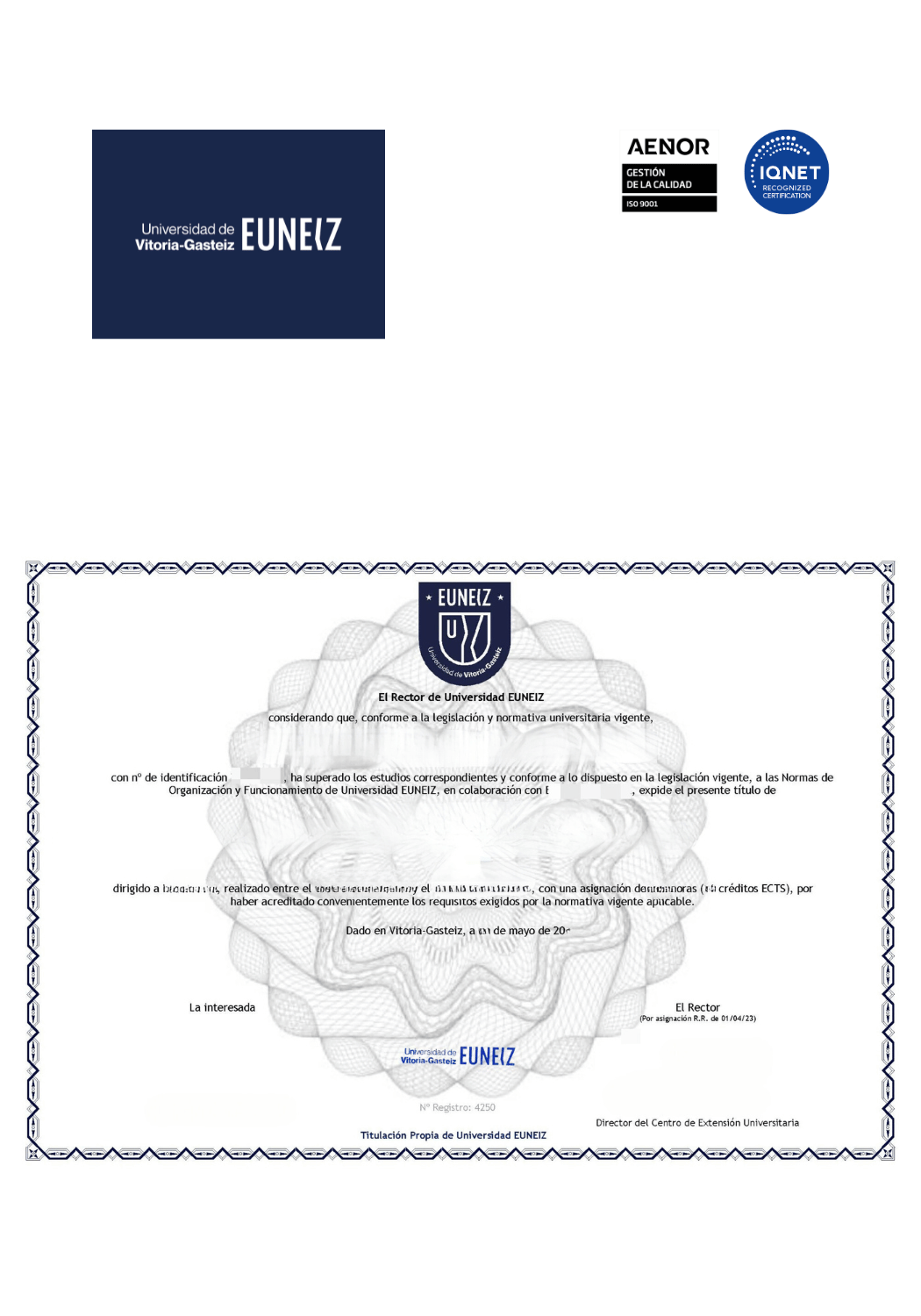

Educational Environment: Innovation and Good Practices
Degree
Educational Environment: Innovation and Good Practices
Do you have any questions about this course?
You can send us your consultation by filling out this form or in the following ways:
- Through the phone (+34) 951 411 800
- Through email
comunicacion@fundacionaulasmart.org
Related courses
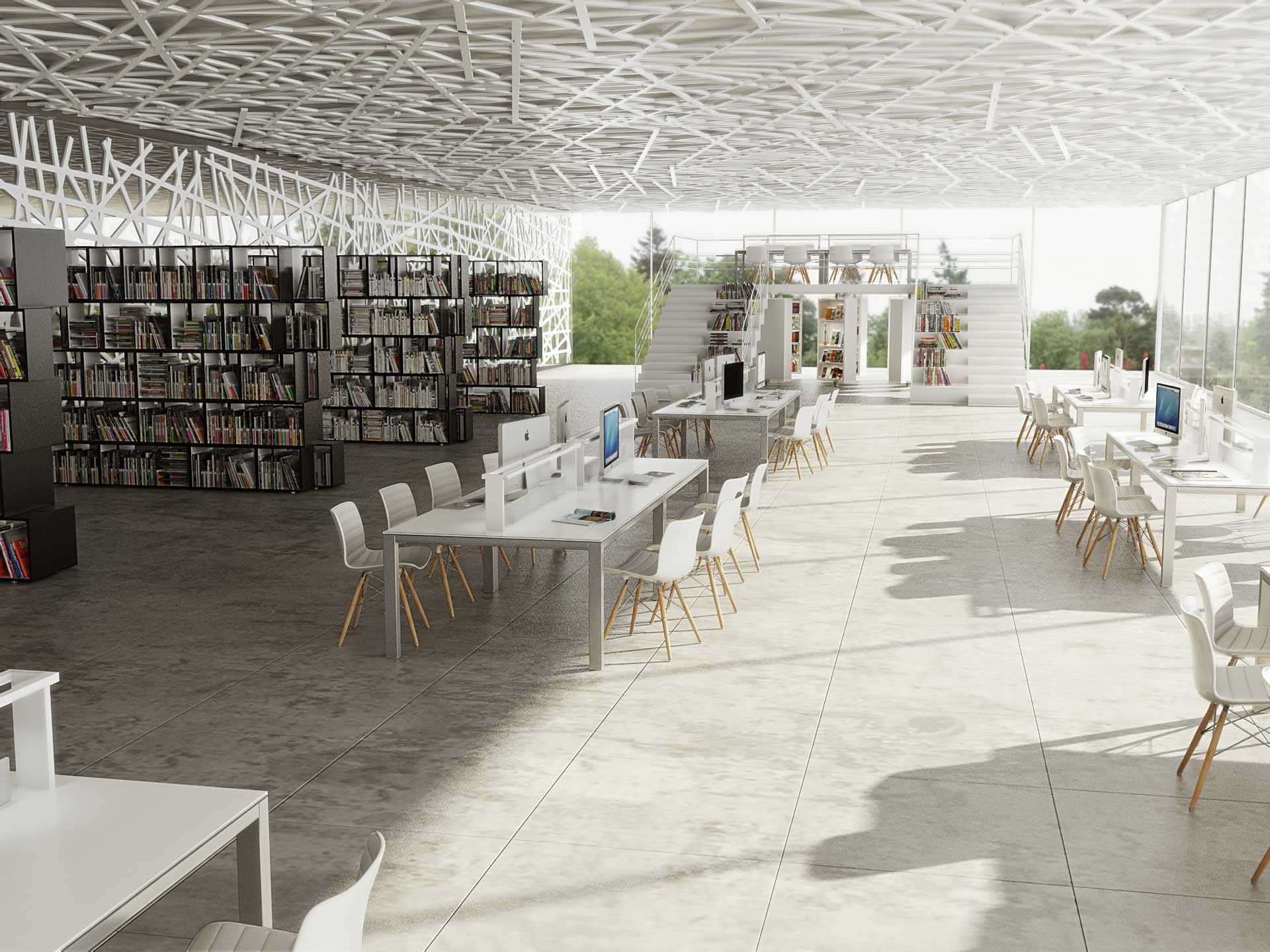
Aula_SMart® Foundation
From the Aula_Smart® Foundation we work to develop and incorporate
New technologies to the education sector.
Contact us
Do you have any questions?
You can also send us your consultation in the following ways:
- Through the phone (+34) 951 411 800
- Through email
comunicacion@fundacionaulasmart.org
AULA_SMART ® Foundation
C/ Palma del Río, 19 - Melior Building, 29004, Málaga
Telephone: +34 951 411 800
E-mail: comunicacion@fundacionaulasmart.org
Website: www.fundacionaulasMart.org
